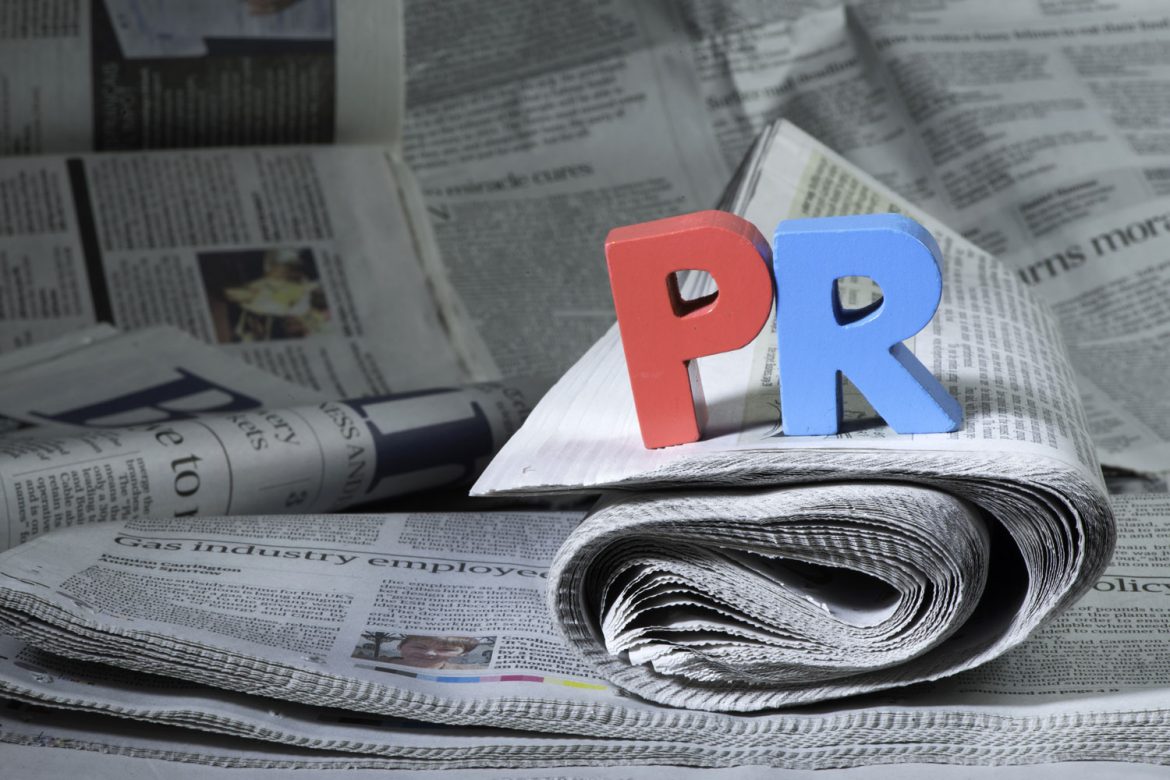Written By Cris De Souza, Vice President, Sales & Marketing, Nexion LLC
Do you want to increase your credibility and expertise in your travel specialty or niche? Do you want to reach new audiences, find new clients and create new business opportunities for your travel business?
Are you not sure of the formula for success or even where to start? Keep reading to learn how to go from zero to hero and market yourself as an expert in your travel specialty without having to spend a penny.
Recently, I attended an entrepreneurship workshop in Fort Lauderdale with a talented group of new and experienced business owners. One of the guest speakers was a gentleman by the name of Bruce Serbin, an award-winning media publicist serving clients in a variety of fields, from financial services and the travel industry to book authors, business consultants, professional speakers and everything in between.
From this workshop I gained 12 best practices you can implement today to build your reputation and credibility as an expert in your travel agency niche or specialty:
- Make a list of experts and journalists who regularly cover your travel specialty. Be sure to look at radio, television, newspapers, social media and online blogs. If your specialty is honeymoons and destination weddings, look at the number of people who are regularly featured in your area of expertise. Make a list of those specialists. Second, make a list of the journalists who covered these specialists; this will be one of your go-to lists of publications and people you will need to develop relationships with to establish your credibility.
- Be an expert. Don’t make it about you; make it about your expertise. Begin to chronicle the trips you have planned, hosted and executed for your clients in your niche and collect testimonials and reviews from those clients.
- Stop writing press releases. Press releases are typically meant for new product launches, new business launches and other innovative and newsworthy topics. They are not intended to be written for your business in general. If you do this, the press releases will get lost and probably won’t be published.
- Develop your pitch. You need to have a solid pitch for each area of expertise you want to develop for your business or hot topics that are trending in your market niche. Components of a successful pitch include:
- Introduction/Lead: Why are you contacting me?
- Define who you are: Why are you a good source? Indicate number of years as an expert, any high-level positions you may have, positions on boards of directors, etc.
- Articulate your thoughts: What do you have to say about your expertise? What can you offer on the topic that’s trending?
- Always include the close: The close must include your mobile number, email address, website and social media handles.
- Learn the different types of pitches. Great places to start include:
- Knowledge and insights: Share your knowledge and insights around your specialty or niche.
- Breaking news: Selling “you” around existing events as an expert.
- Predictions: What do you see in 5-10 years?
- Leverage HARO (stands for Help a Reporter Out): This is a website of journalists looking for experts on a specific topic.
- Breaking Myths: Focus on common travel-related myths and what the truth is to bust the myth.
- Be a thought leader. Draft a pitch as a thought leader versus a follower in your specialty. Offer fresh new ideas, and say what others are not saying (entertain a controversial headline).
- Be flexible. People may reach out to you to for an interview on a topic that you may not think of yourself as an expert at first glance.
- Size doesn’t matter. It’s all about earned media and credibility. A blogger with a smaller following could be more beneficial for you than a major media outlet from a conversion perspective. Take advantage of every opportunity, and remember that smaller opportunities can lead to bigger opportunities.
- Write an article. Write an opinion piece on a topic where people are split down the middle 50/50; you will see traction online. Keep it about the benefits for your readers (9 ways to reduce travel stress, or 7 questions to answer when planning your next family vacation, for example).
- Expect rejection. Keep at it; if you are working on 10 new media opportunities, you will be lucky to have one “yes” come to fruition. Remember, there are many people pitching to media outlets.
- Get media trained. If you’re serious about being covered on radio and television (even if it’s local coverage), be sure to invest in proper media training to ensure your credibility comes across on camera and over the radio.
- Leverage your media coverage. Be sure to leverage your media coverage in everything you do. Have a media page on your website, include a link on your subject line in your email and on your social media channels, and in your phone and in-person conversations (Did you hear about our agency on the local CBS news the other night?).
With your pitches, remember to publish them on your website. Journalists can pick these up and write articles from the pitches you publish, making it easier for them. Remember to pitch on the long side. If your pitch is longer in word length, it will be less gaps for journalists to fill when they go to write the article.
If you use some of these PR secrets in your travel business, you will find success in the media and new business opportunities. Whether you are a travel agent who is new to the business, or you’re an experienced travel agent, using the media can be your engine and fuel for growth and reach new audiences and build new business opportunities in your travel business.



